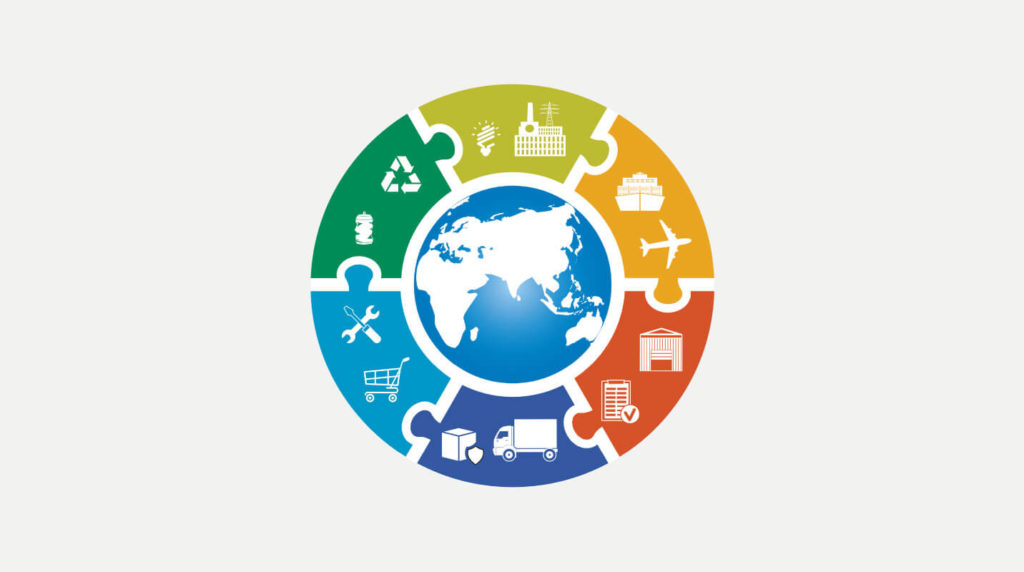

Consider these scenarios – what’s the theme?
- A business sub-contracts out a painting process on a component, the batch are returned on time but (rather unfortunately) are the wrong shade of yellow
- A company sends some finished products to a laboratory for testing, receives the results and sends both the products and the results off to the customer. The customer then points out that the laboratory isn’t UKAS accredited and the testing has not been carried out to a suitable standard
- Due to workload, an organisation sub-contracts out a welding process, there is a tight time frame due to the customer’s requirements and the parts are returned late, when they are inspected, some are found to have faulty welding
- A business uses a sub-contractor to install a product on a client’s site, the client complains about the workmanship and behaviour of the sub-contractor
In all of these, a business has sub-contracted out an element of their operations to another organisation with less than satisfactory results for the customer. I have been discussing evaluation, selection and monitoring of suppliers with several clients recently, so the theme of this year’s World Accreditation Day caught my eye. The theme is ‘Adding Value to Supply Chains’ and nearly all my clients buy something – whether that is raw materials to turn into a product, an external testing or calibration service or sub-contract personnel to provide additional resources or skills which aren’t available in-house.
When you buy something into your business, you can be importing risk, so it is important to carry out a proportionate amount of due diligence to make sure you are managing this. If your business is certified to ISO 9001:2015 you are required to do this as part of controlling “externally provided processes, products and services”. One of the interesting facts from the World Accreditation Day brochure is that “Procurement is often responsible for up to 70% of companies expenditure and so any disruption could affect profitability, brand reputation and customer loyalty” - essentially, you don’t want your customers to be affected by a problem in your supply chain.
There are a variety of ways of managing your suppliers, and the method most suitable for your suppliers will depend on the level of risk they present to your end products or customers. Most of my clients tier their suppliers into levels where the top level is Critical to operations, then the majority of due diligence effort is focused on this level. The first step is usually to collect a range of information from them which could include:
- Financial information
- How they manage Health and safety, Environmental and Quality issues
- What their information security / privacy policy is
- If they sub-contract anything out, how do they manage their sub-contractors
Once you have gathered the information, it is critical to review it and carry out some due diligence, this might include checking Companies House for financial records (if they are a limited company), having a look on social media for customer reviews or comments, asking for examples of risk assessments or policies etc. You then need to decide whether you are going to ‘approve’ this supplier to work on your behalf or as part of your supply chain, you might need to carry out additional actions such as 100% inspection of the first 5 orders, or a site visit.
I’ve put together a ‘Supplier Evaluation Form’ which covers basic company information, health, safety, environmental, quality and information security and also has a simple due diligence questionnaire at the end. You can download the form for your own use and if you would like to talk in more detail about managing your suppliers, please contact me!
[embeddoc url="https://www.hkwriskmanagement.co.uk/wp-content/uploads/2019/06/Supplier-Evaluation-Form.pdf" download="all" viewer="none" text="Download Supplier Evaluation Form"]
World Accreditation Day is organised and promoted by the International Laboratory Accreditation Corporation (ILAC) and International Accreditation Forum (IAF) to raise awareness of the importance of accreditation as “80% of trade involves elements of testing, calibration, inspection and certification activities, collectively known as conformity assessment. Accreditation is the independent evaluation of these conformity assessment bodies against recognised standards to ensure their impartiality, competence and consistency”.